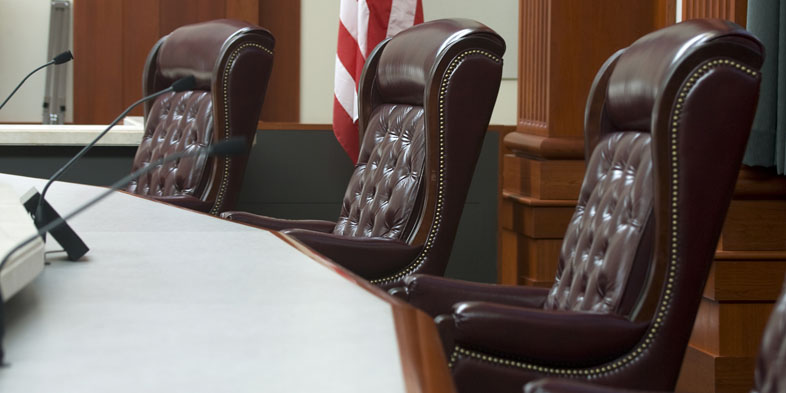
The United States Court of Appeals for the Second Circuit has refused to re-hear its decision in United States v. Allen, which ruled that it is unconstitutional in U.S. criminal proceedings to use testimony compelled by foreign authorities. The ruling has cross-border ramifications, and suggests that individuals facing parallel Canadian and U.S. proceedings will not have their testimony compelled by Canadian authorities used against them in U.S. criminal cases.
Second circuit’s decision
In July 2017, a three-judge panel of the Second Circuit overturned the convictions of former London traders Anthony Allen and Anthony Conti, finding that their Fifth Amendment rights were violated by the Department of Justice’s use of testimony compelled by U.K. authorities.
Allen and Conti were accused of manipulating the London Interbank Offered Rate (“LIBOR”), the benchmark rate used by several global banks to set short-term lending rates. In November 2015, both were convicted of fraud and conspiracy by a Manhattan federal jury.
Prior to their conviction, Allen and Conti had been interviewed and compelled to provide testimony to the U.K.’s Financial Conduct Authority in a LIBOR-related investigation, with protections for “direct use” immunity (i.e., the evidence could not be used directly in a prosecution against them). Those interviews were reviewed by another former banker, Paul Robson, who became a cooperating witness for the DOJ before he testified at Allen and Conti’s grand jury proceeding and trial.
The Second Circuit held that the DOJ had failed to demonstrate that the compelled self-incriminating testimony from Allan and Conti did not taint Robson’s testimony, which was central to both the grand jury proceeding and the trial. The Second Circuit accordingly vacated the conviction and dismissed the indictment, reversing the DOJ’s high-profile victory in the first LIBOR-rigging trial.
The three-judge panel’s decision was affirmed on November 9, 2017, when the full Second Circuit refused the DOJ’s request to revisit the ruling.
Cross-border implications
Allen held that the Fifth Amendment’s prohibition against the use of compelled testimony in U.S. criminal proceedings applies even where that testimony has been compelled by foreign authorities. While both the United States and Canada provide a right to protection from self-incrimination, they differ on how that right is protected. In the United States, witnesses facing the prospect of self-incrimination can invoke the Fifth Amendment and refuse to answer incriminating questions from a regulator, law enforcement agency, or judicial authority (although no protections are provided to answers that are voluntarily given). In Canada, by contrast, individuals who have not been charged with an offence cannot refuse to answer questions on the basis that their answers may incriminate them in another proceeding, but they are protected by section 13 of the Charter of Rights and Freedoms from having their answers used against them in a subsequent criminal or regulatory proceeding (except in a prosecution for perjury or the giving of contradictory evidence).
Although it is a decision of a foreign court, Allen suggests that individuals who provide compelled testimony under Canadian law cannot have that testimony used against them in U.S. criminal proceedings. Allen may also impact the additional protections that Canadians seek or are provided when giving evidence to Canadian authorities relating to U.S. criminal investigations. The need for such protections, arising from the conflict in how Canada and the United States approach rights against self-incrimination, was recognized by the Ontario Superior Court in Catalyst v. Hollinger. The Second Circuit’s decision will also complicate DOJ prosecutions of cross-border financial crimes. Like Canada, many foreign authorities who work with the DOJ on multinational investigations have the power to compel testimony, and DOJ prosecutors must be careful that the compelled testimony does not taint their domestic prosecution.